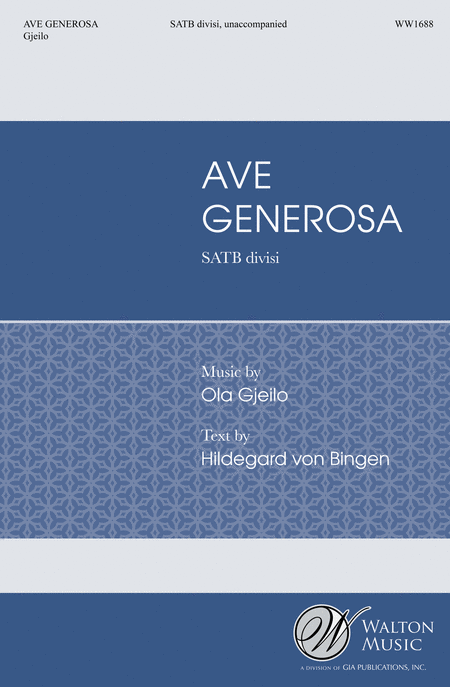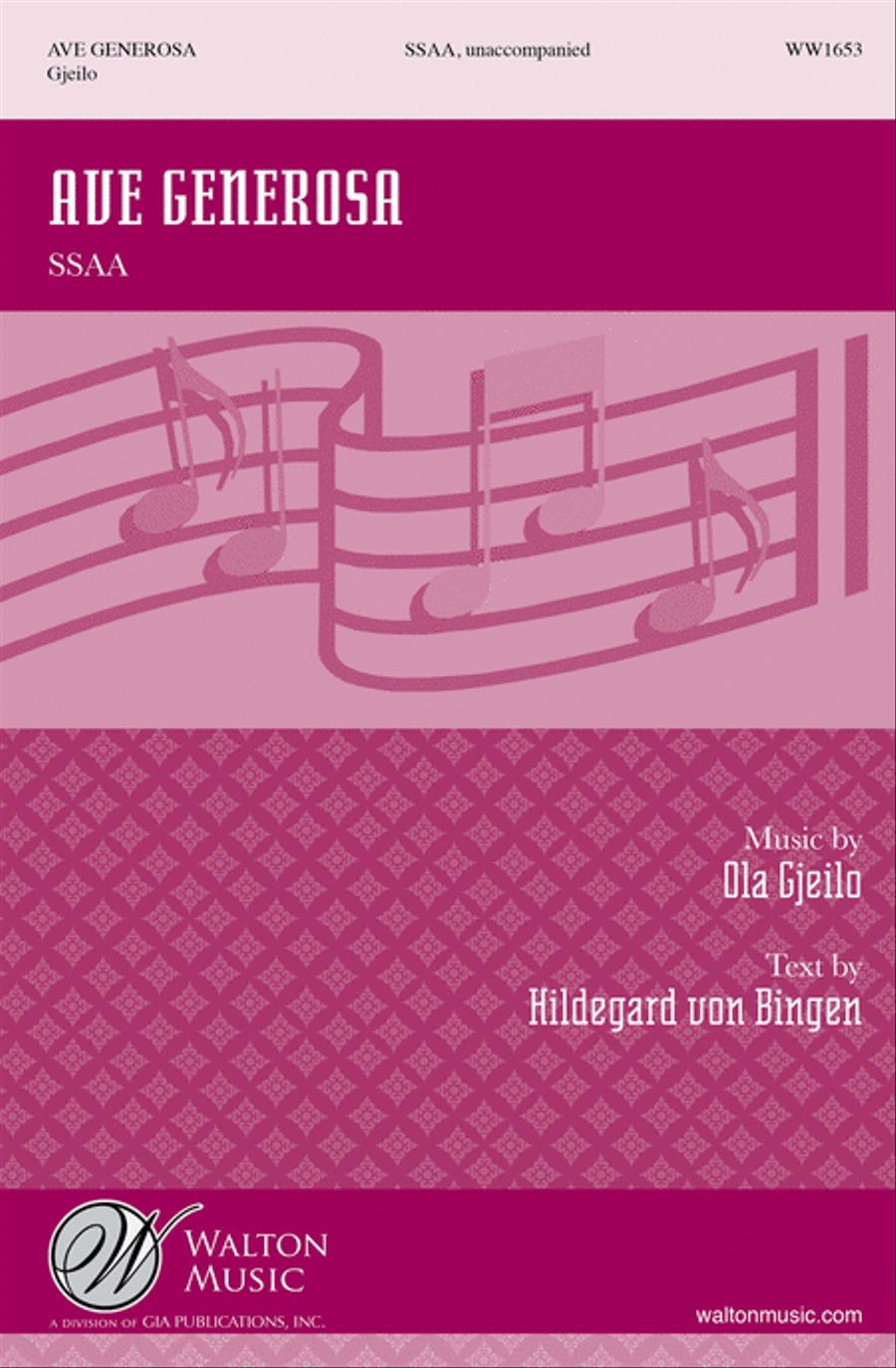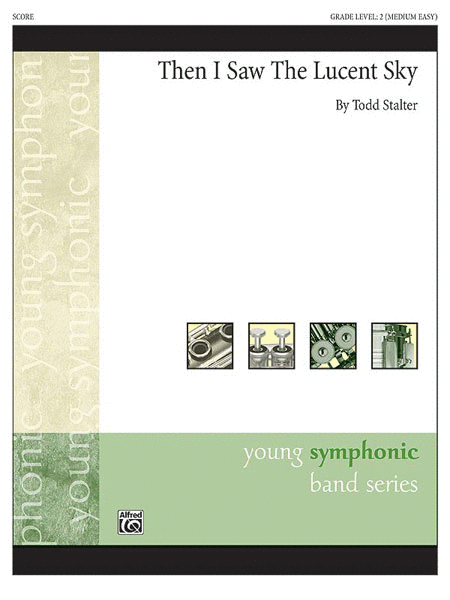Hildegard von Bingen (1098 - 1179)
 Allemagne
Allemagne
 Allemagne
AllemagneHildegard of Bingen (German: Hildegard von Bingen; Latin: Hildegardis Bingensis; 1098 ? 17 September 1179), also known as Blessed Hildegard and Saint Hildegard, was a German abbess, artist, author, counselor, linguist, naturalist, scientist, philosopher, physician, herbalist, poet, activist, visionary, and composer. Elected a magistra in 1136, she founded the monasteries of Rupertsberg in 1150 and Eibingen in 1165.
She is the first composer with an extant biography. One of her works, the Ordo ... (Read all)
Source : Wikipedia
She is the first composer with an extant biography. One of her works, the Ordo ... (Read all)
Source : Wikipedia
FREE SHEET MUSIC SECULAR
Active criterias:
Search #Secular
| |||||||||||||||












